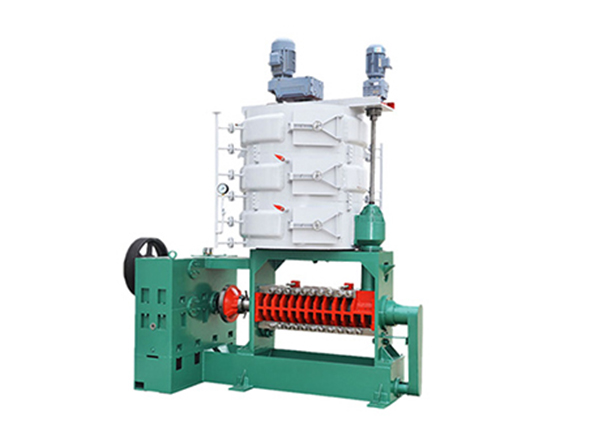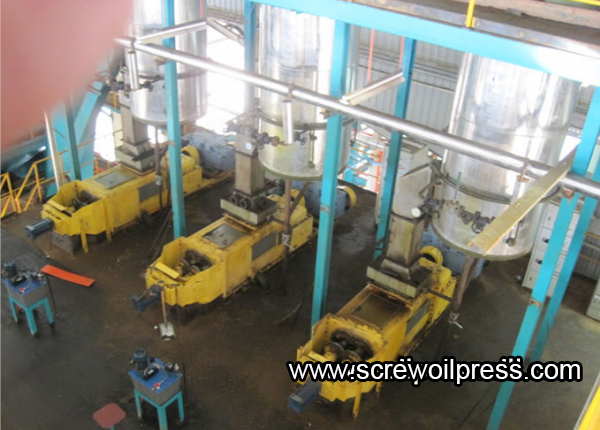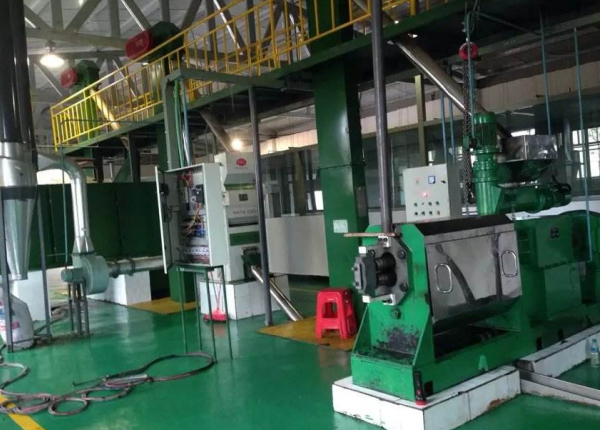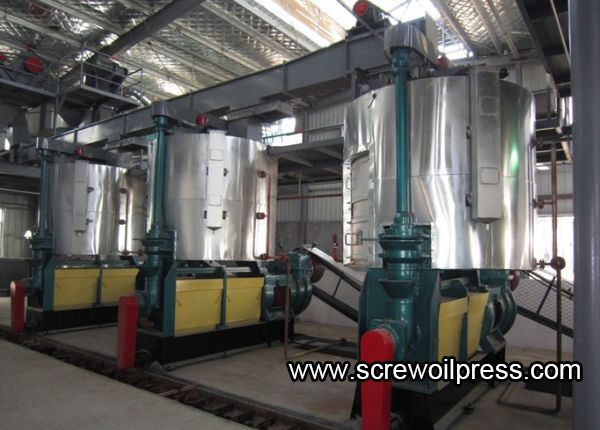- Oil Mill Machinery
- Oil Refinery Machinery
- Oil Processing Plant
- Solvent Extraction Plant
- Animal Oil Processing Machine
- Feed Processing Machine
- Palm Oil Mill
- Industrial Drying Machine
- Grain Processing Machinery

NEWS
The Process Of Refining And Deacidifying Edible Oil Is Different With Different
Time:Wed-03-23 hits:
Oil refining and deacidification is a process that most edible oils need to carry out, mainly in order to separate the free fatty acids contained in oil.
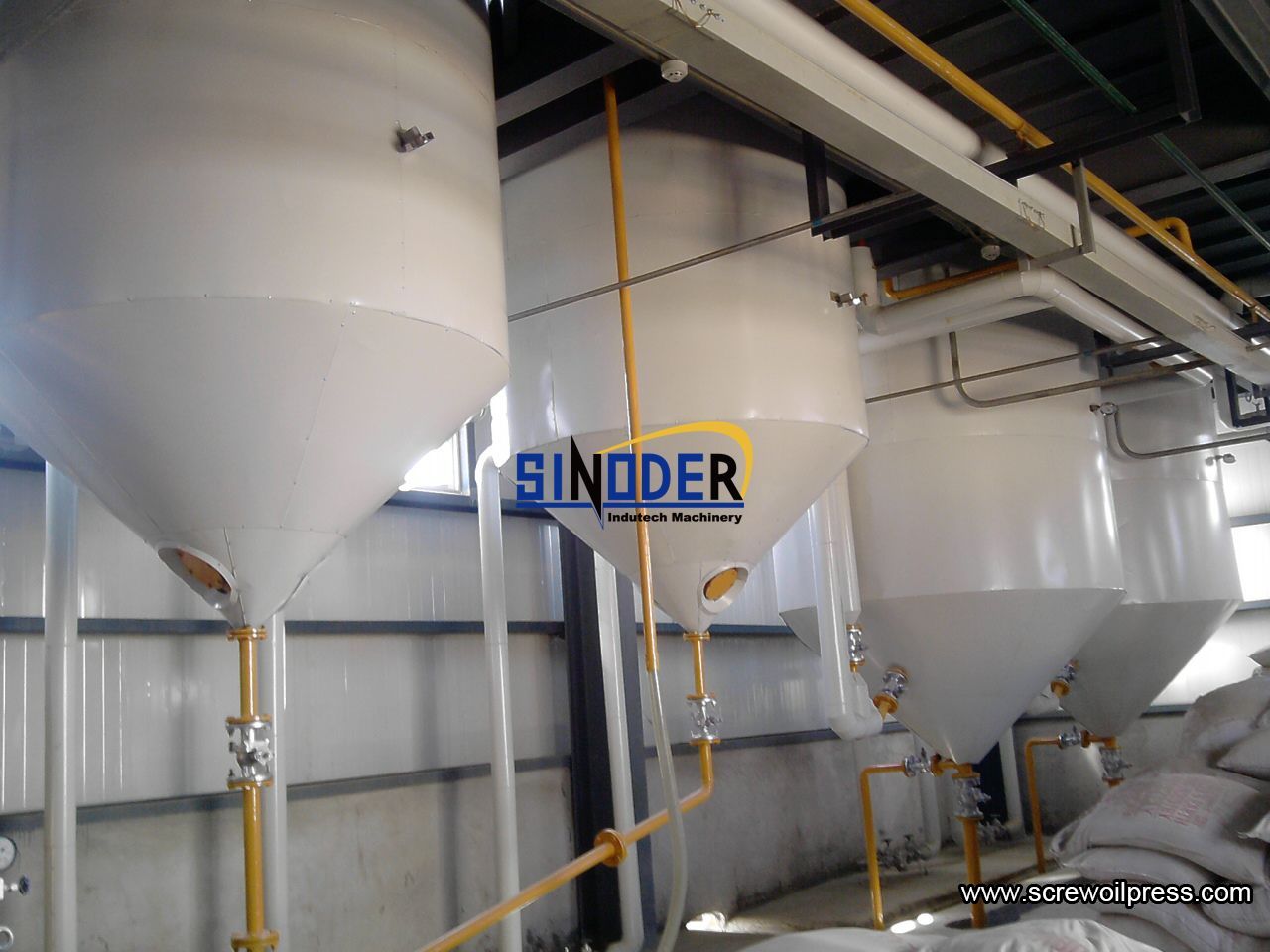
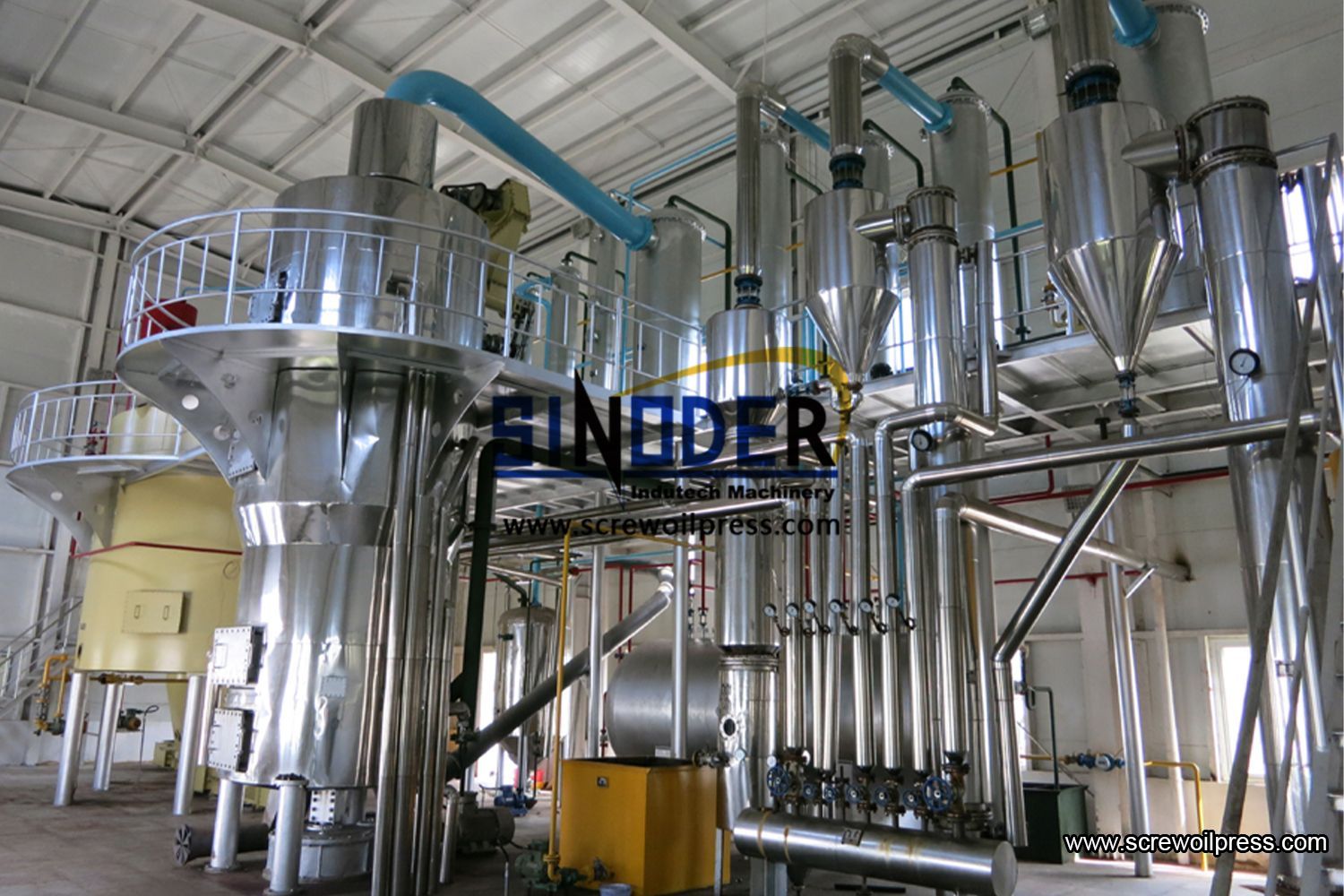
The existence of free fatty acids is not conducive to the storage of edible oil and harmful to human body, and when the fat contains a large amount of free fatty acids, it will affect the subsequent decolorization, degumming, deodorization and other processes.
Because of the different fatty acid structure of different kinds of edible oils, the choice of deacidification process in actual production is related to the type of oil treated and the grade of finished oil.

Common deacidification processes in industrial production include physical deacidification and chemical alkali deacidification. It is also important to know the differences between the two refining processes before choosing.
Physical deacidification is the separation of free fatty acids, unsaponifiable substances and odors in crude oil by distillation and stripping by conveying vacuum water vapor to crude oil. It has high oil yield, does not produce soap feet and can get high value-added by-product fatty acids, which is suitable for crude oil with high content of free fatty acids.

However, physical deacidification of cottonseed oil and other oils should be avoided during physical deacidification, because high temperature will increase the chance of thermal polymerization of these oils and thus increase the difficulty of separating free fatty acids.
The process of chemical alkali refining and deacidification is to separate the free fatty acids in the oil by adding lye to the crude oil.
The advantage of chemical alkali refining is that it can deal with a variety of crude oil, and the operation is convenient to achieve a better deacidification effect. However, when the free fatty acid in crude oil is high, the choice of alkali deacidification will easily make the neutral oil in the oil lose too much, and increase the loss of lye and oil, so it is not suitable for rice bran oil such as the crude oil with high acid value.
In general, chemical alkali refining can be used to deacidize common oils such as soybean oil, peanut oil and rapeseed oil on the market. However, for oils with high acid price such as rice bran oil and palm oil, physical deacidification process is recommended in order to achieve economic production results.





